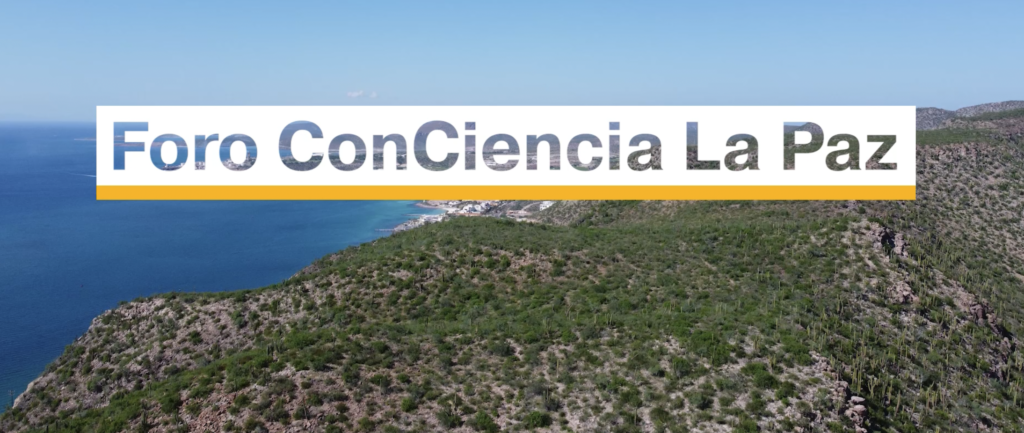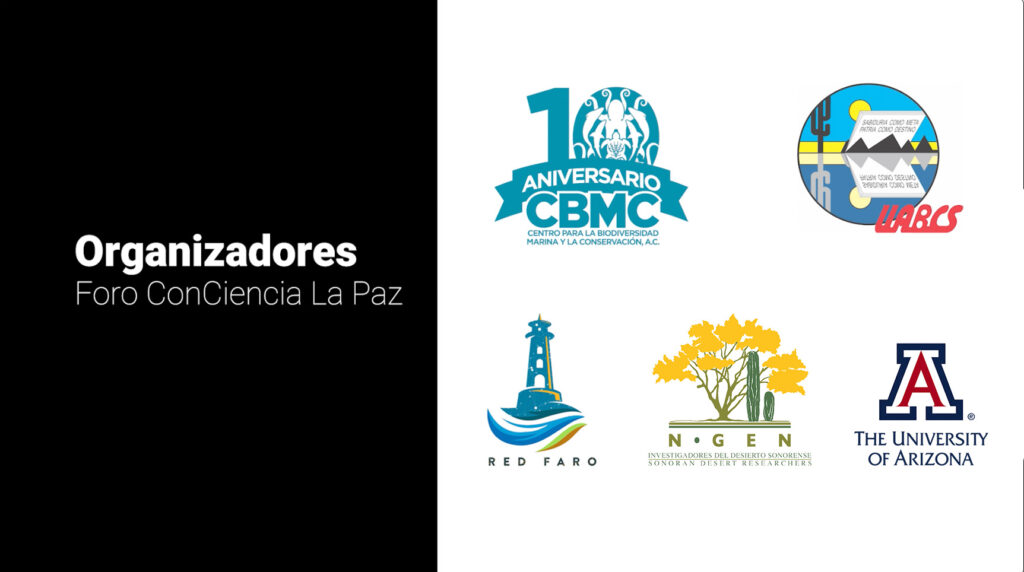

Fifty scientists based in La Paz united to go beyond their research and address solutions to the problems that exist in their backyard in the Bay of La Paz. Five teams across habitat and biodiversity, air and water quality, food security, circular economy, and social well being developed state of the art summaries of the status of these topics. As a first step, this information was widely shared to the community of La Paz in accessible ways and to regional decision makers to ensure that science reaches beyond the walls of academia.
The University of Arizona is collaborating with scientists in La Paz to create a sustainability report card by engaging local communities in addressing water quality and availability concerns amid growing urban expansion, tourism, and mining interests. This initiative aims to empower community leaders across Baja to identify solutions to water challenges and enhance advocacy and communication skills, recognizing the interconnected socioeconomic and political drivers that affect water issues in the region.
Organizers: Marisol Plascencia y Patricia Arias (CBMC), Adrián Munguía-Vega (N-Gen) y Caitlyn A. Hall (University of Arizona)
The habitat and diversity of La Paz Bay has changed with the increase in the population of the city, particularly from 1980 to the present. The terrestrial habitat seems to be the most modified and, paradoxically, for which there is the least information. The most imminent challenges are: waste management, lack and contamination of water, as well as the loss of mangroves, beaches, dunes and hills due to urban growth.
Water and energy are fundamental for the development of societies. Livliehoods, economic structures and the quality of our natural and artificial environments are derived from its availability or lack. In a region where drinking water comes from underground sources, it is impossible to extract water without energy and, similarly, energy production processes require water.
The Circular Economy is committed to maximizing to the greatest possible degree everything that a resource can offer. It is going beyond reuse, recycling, and reducing to include restoring and regenerating, integrating environmental, economic, social, and cultural dimensions. There is no Planet B. From La Paz we aim to lead model proposals that incorporate the efficient use of resources, knowledge, and local talent.
The aquatic resources in the Bay of La Paz represent an important source of nutritious food to meet the needs of the local population, as well as to contribute to food security at the regional and national level. We recognize the leading role of fishermen, aquaculturists, and scientists to contribute to the resolution of problems in the social and industry sectors.
To stop and reverse the socio-ecological deterioration in our region, social change towards viable living involves making profound transformations in our ways of thinking, feeling, perceiving, and acting in the world. This is a paradigm shift in the generation of knowledge that deepens and expands the critical analysis of the causes that put human and non-human existence at risk.